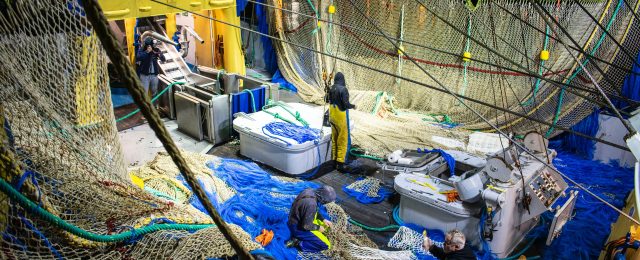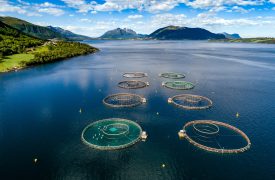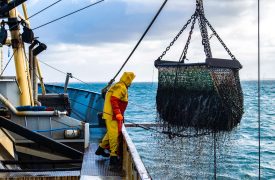See 2021 Seafood Stewardship Index
Social responsibility | Leading practices from the 2021 Seafood Stewardship Index

Social responsibility
The private sector can have a transformational impact on people’s lives, both as a creator of jobs and a producer of goods and services that people use. At the same time, the private sector is expected to integrate a responsible approach to social issues into its business activities. This includes respecting human rights, providing and promoting decent work and acting ethically. In the seafood industry, issues and concerns such as forced labour, resilience of small-scale fishers, on board working conditions also come into play. This measurement area assesses how seafood companies ensure seafood is produced in a socially responsible way that respects the rights of workers and communities that are impacted by their operations as well as their supply chains.
Respect for human rights
Through WBA’s core social indicators, the 2021 Seafood Stewardship Index assessed whether companies commit to respect human and labour rights in their operations, pass this expectation up their supply chains, and undertake the first steps of human rights due diligence to become aware of and address human rights risks in their operations and supply chains.
Working conditions on board fishing vessels
Working on fishing vessels is labour intensive and considered one of the world’s most dangerous occupations. Fishing companies and buyers can help improve working and living conditions on board fishing vessels by supporting the development and implementation of social responsibility standards that are in line with relevant ILO conventions in their own operations and/or on vessels in their supply chains.


